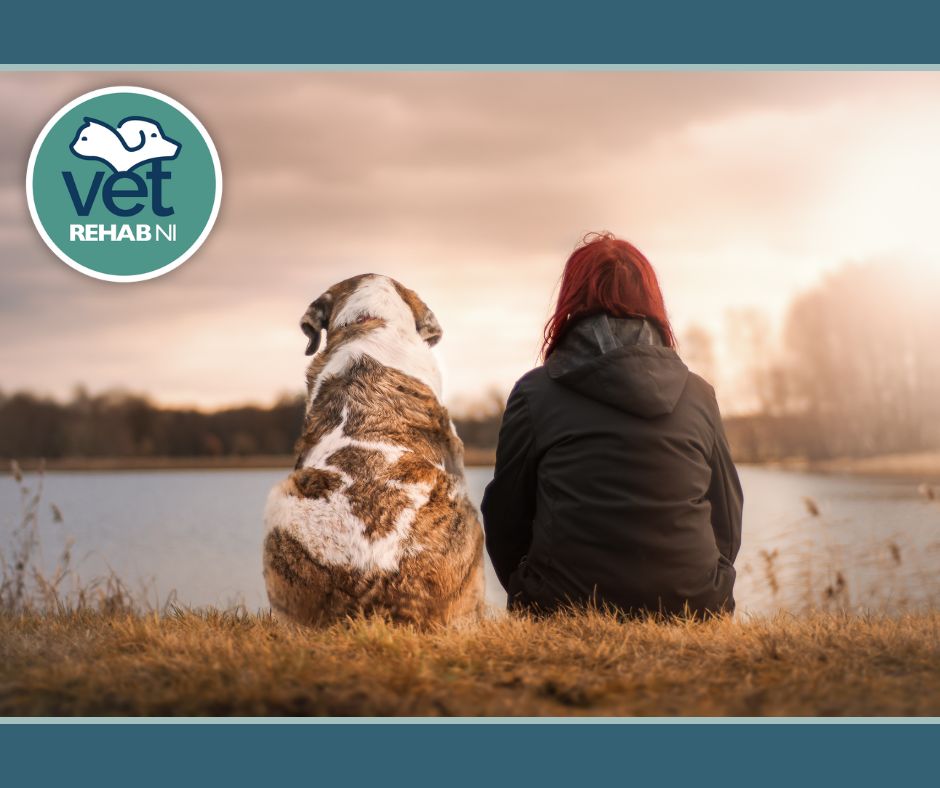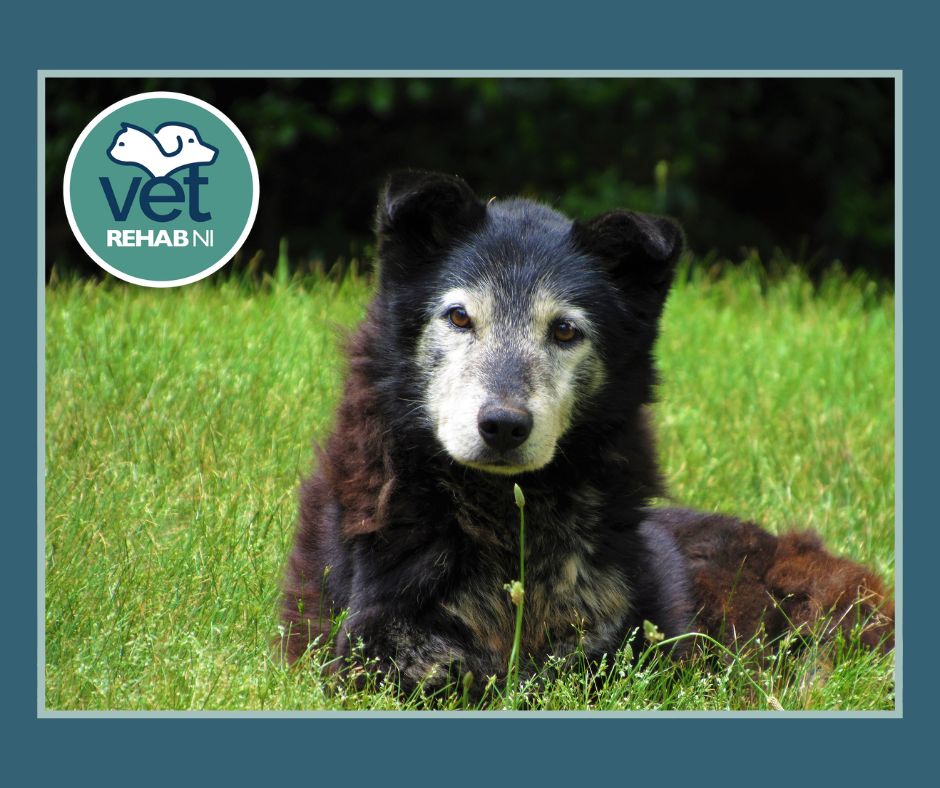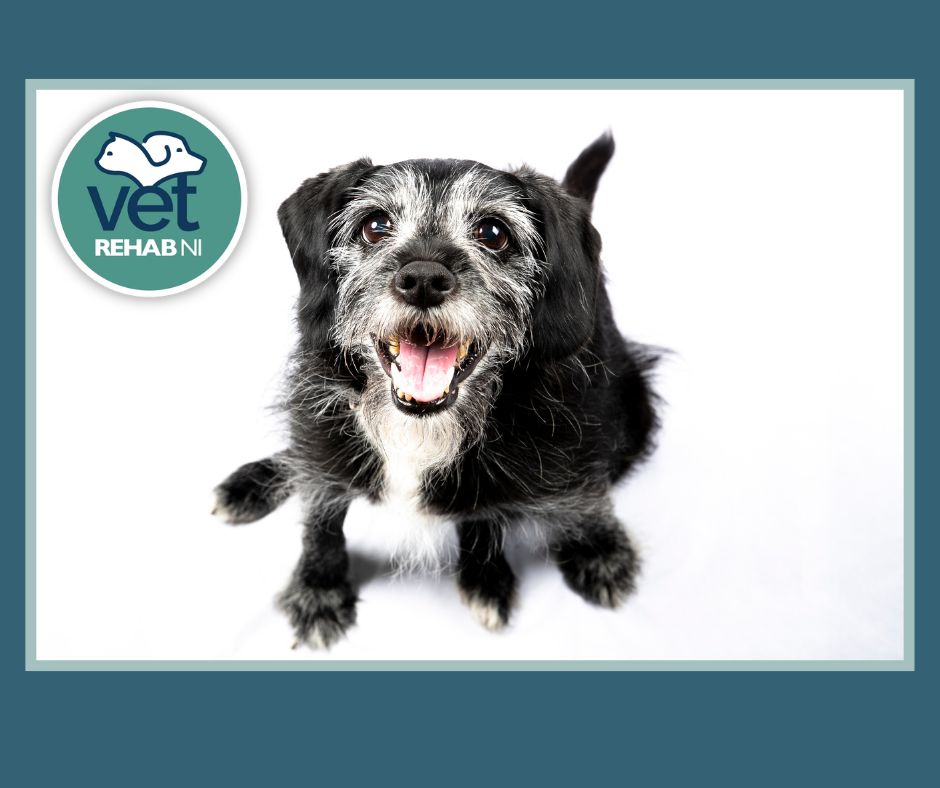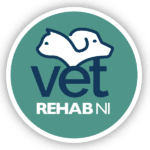How can I help my dog as they age?


🐾 Signs of Age-Related Changes in Dogs
- Stiffness or limping – Often due to arthritis or joint degeneration.
- Difficulty getting up or lying down
- Changes in weight – Either gain or loss, depending on health or activity level.
- More sleeping or less activity
- Bad breath or dental issues – Can lead to reduced eating or irritability.
- Disorientation – Getting lost in familiar places or stuck behind furniture.
- Changes in sleep patterns – Pacing at night or sleeping more during the day.
- Accidents indoors – Even if previously house-trained.
- Decreased social interaction – Less interest in people or other pets.
- Anxiety or irritability – Easily startled or more reactive.
- Not responding to name or commands – Could be hearing loss.
- Bumping into things – Suggests vision issues.
- Startling easily – Common with diminished hearing/vision.
🐶 How to Support an Ageing Dog
- Regular vet checkups – Catch issues early (arthritis, heart problems, etc.).
- Pain management – Medications, supplements (like glucosamine), or rehab therapy.
- Bloodwork – Monitor for thyroid, liver, kidney, or metabolic disorders.
- Non-slip mats or rugs – Help them walk confidently indoors.
- Orthopaedic beds – Support joints and improve sleep.
- Ramps or stairs – For getting on the couch or into the car.
- Easily accessible food and water – Avoid high steps or stairs.
- Gentle walks – Keep them moving without overexertion.
- Scent games or food puzzles – Stimulate their brain.
- Routine and predictability – Reduce anxiety or confusion.
- Senior dog food – Adjusted for age-related metabolism and joint support.
- Omega-3s, glucosamine, chondroitin – For joint and cognitive health.
- Probiotics – Support digestion and the immune system.

